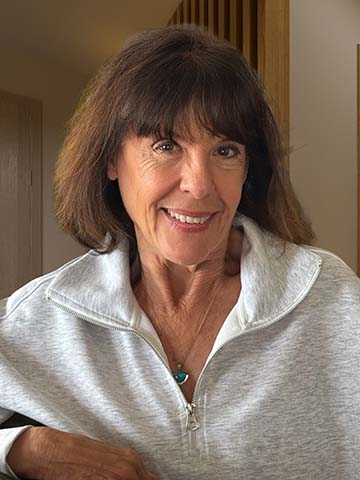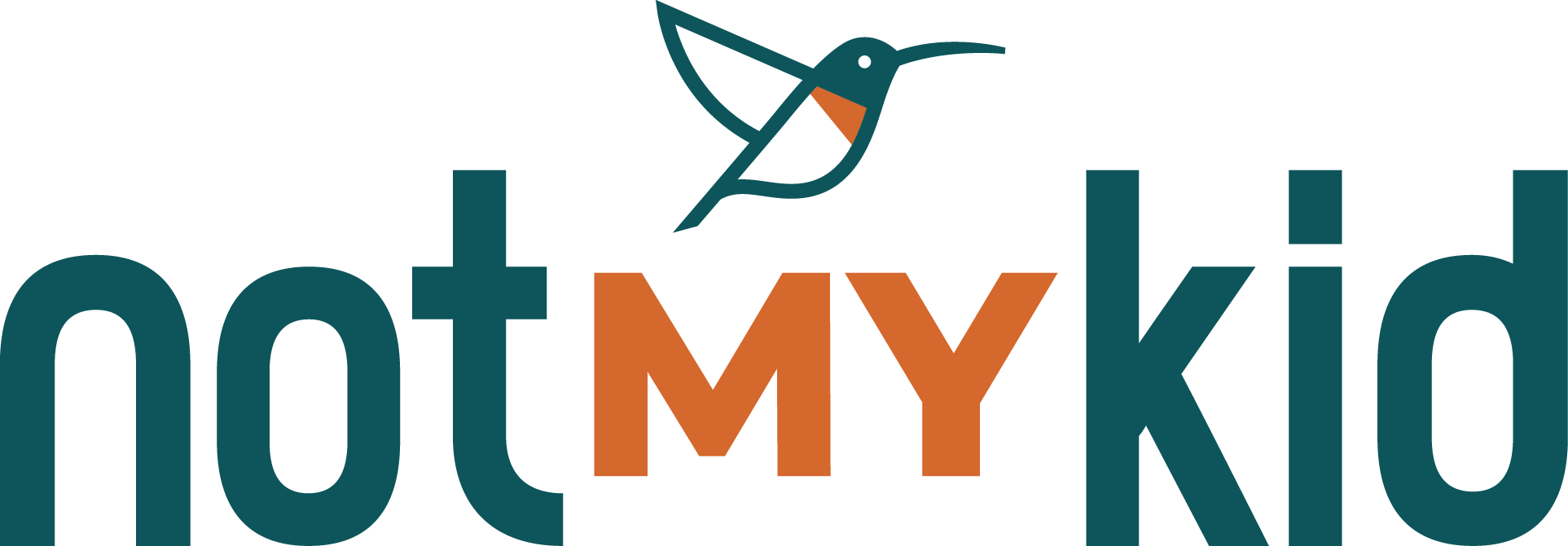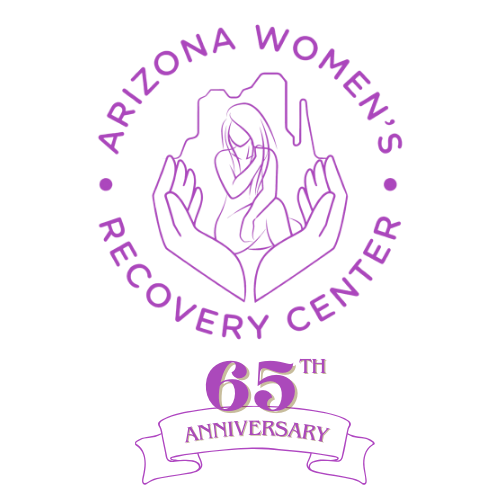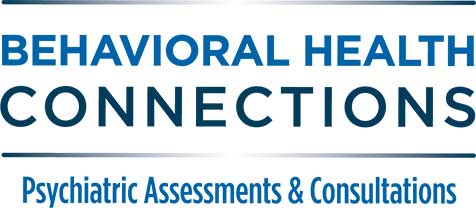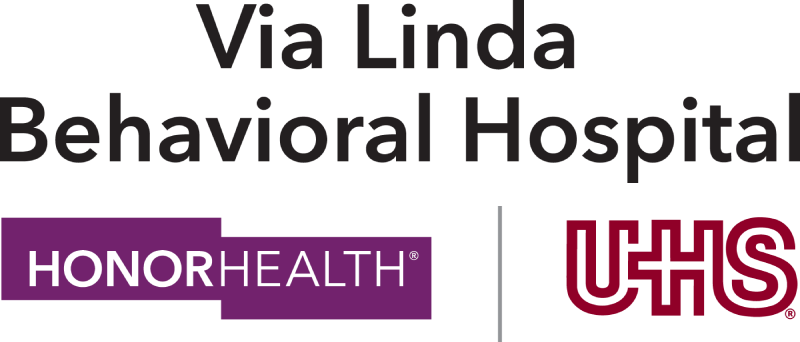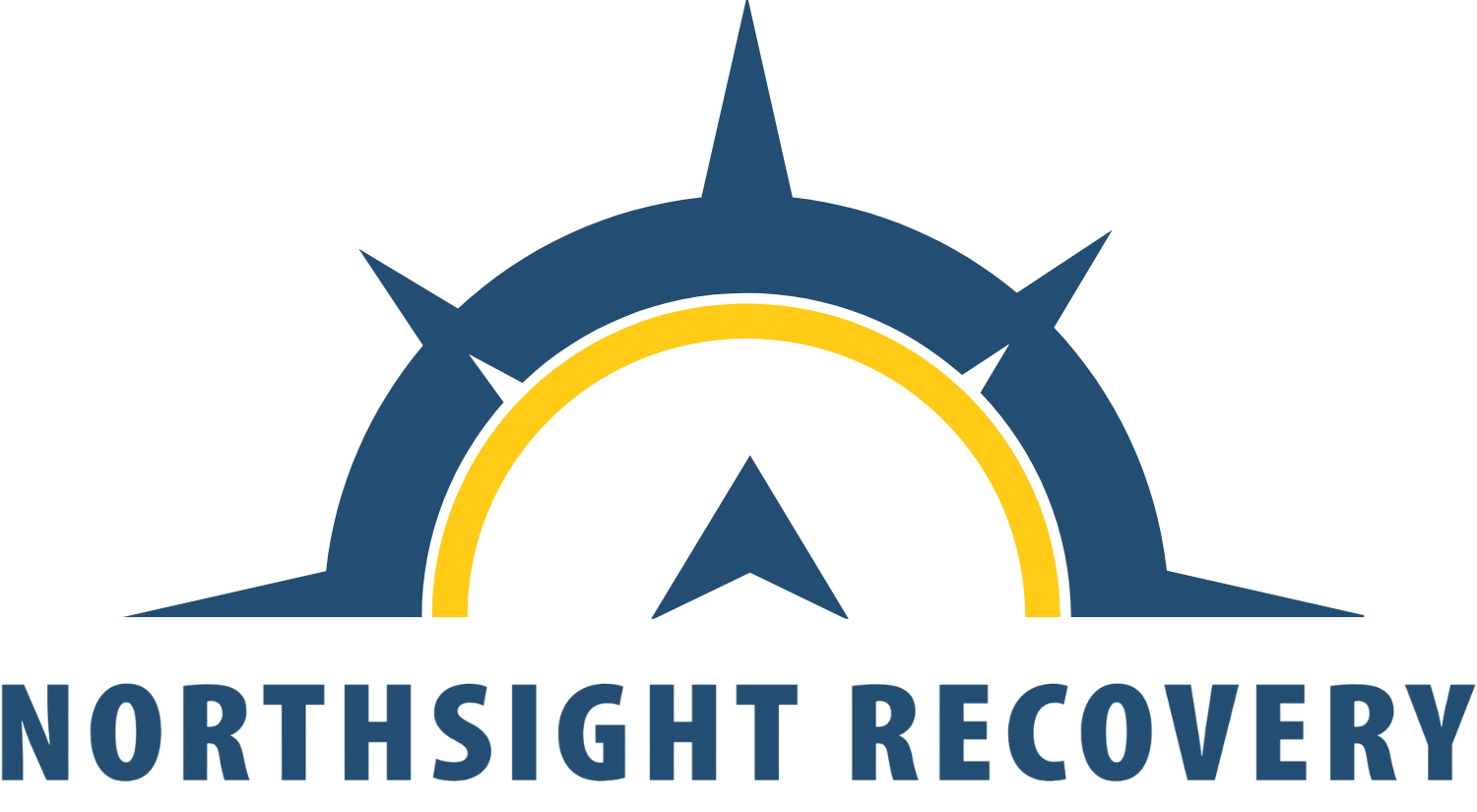Community Bridges, Inc. provides the opportunity for anyone to realize recovery is possible and guides them on their journey.
If you live in Arizona, no doubt you’ve heard of CBI; yet most people might connect the name to solely being a detox facility. Through the years, CBI has evolved and expanded its services to provide the community with an integrated approach to behavioral healthcare for anyone in need.
CBI began as the East Valley Alcoholism Council (EVAC) in 1982, founded by members of the Mesa recovery community and concerned citizens. The original mission was to provide transport from the East Valley to the Local Alcohol Reception Center (LARC) in Phoenix, which at the time provided medical and social detox services to East Valley residents.
Through the ‘90s, EVAC was operated by less than 30 employees, many who were in recovery, along with volunteers from local 12 step meetings, fellowship clubs, and people who had been impacted by the addiction of family members or friends.
Many of the volunteers wanted to give back with a service commitment to enhance their own recovery and EVAC was a place to put this commitment into action. They helped care for clients as they went through detox, and introduced them to the recovery community to support ongoing sobriety.
In 1996, budget cuts, changes in funding, and changes in the role of the Regional Behavioral Health Authority (RBHA) threatened to close EVAC. To combat this, EVAC’s Board of Directors hired a new CEO and gave him a huge task. “Make it work or shut it down” was the directive that Dr. Frank Scarpati walked into when he assumed the helm in 1996.
Dr. Scarpati was a man of vision, with a tremendous amount of tenacity and a personal ethic to never give up on anyone struggling, and EVAC did not close. The effort to bring the message of recovery was enhanced by building a new detox center on the existing campus and to develop plans for future growth and enhanced stability.
EVAC became Community Bridges, Inc. (CBI)in 2002. With growth comes change, and with change comes the possibility of forgetting where you came from. Fortunately for CBI, Dr. Scarpati proved to be a master of change, supported by his commitment to maintaining grass roots principles and an organizational foundation of recovery. This commitment became its core as it grew from less than 30 employees at the Mesa location to over 1,600 employees today, in over 32 locations across Arizona.
There are hundreds of success stories at CBI, and its employees share the desire to not only better one’s self, but to work with those most would cast away.
CBI has always prided itself on its spirit of recovery, not only with the patients they serve, but with the staff they hire. CBI has been able to open its doors to people struggling, many who may have thought all doors were locked. The team looks for the good each person is capable of contributing and realizing — and given the right circumstances, anyone’s troubled past can lead to a bright future.
More than Detox
CBI uses a holistic, or integrated approach to addiction treatment and behavioral health. The team takes each person’s unique traits and issues into account designing a treatment plan specifically for them. Using a combination of education, therapy, housing, medications, peer support, inspiration, hope and other supportive services, the solutions are never one-size-fits-all. People are unique, and so is their treatment plan.
The passionate and dedicated team of medical and behavioral health professionals share a common philosophy, to attend to the needs of our communities. With a mission of maintaining the dignity of human life, they are agents of positive change in our communities.
Helping Eliminate Homelessness
Megan Lee, Director for the Housing and Community Integration (HCI) Department in Tucson said, “HCI is built upon a foundation of recovery, strength, and hope. We have over 200 individuals working in the department throughout Arizona that are largely Peer Support Specialists. Our Peer based staff allows us to bring to life innovative approaches, working to help end homelessness, end addiction, improve mental health, and cultivate a supportive system of care. The HCI department believes the services we provide are the foundation of recovery because we address the most basic needs of shelter, safety and food. After the stabilization of our most basic needs our staff can begin to focus on the complexity of recovery from the cycle of poverty, addiction, mental illness challenges, trauma, and domestic violence.
The HCI department serves over 1,100 subsidized households receiving support in permanent supportive housing programs, rapid re-housing, eviction prevention, transitional housing and bridge shelter. CBI’s HCI department serves many different populations including community members that are experiencing chronic homelessness, Veterans, women and children, and individuals. We provide services in community including street outreach to navigate members into services. HCI works with first responders, police, and courts to help provide behavioral health services in real time to alleviate some of demands on our criminal justice and first responder system. HCI has been at the forefront of leading the response to homelessness in the COVID-19 pandemic and running shelters for those at high risk for COVID-19 and/or those positive with virus. CBI’s HCI ability to respond quickly and respond in the community when there are crisis situations is the reason our 200+ staff come to work every day. Imagine coming to work and knowing that you are helping to change lives of those often forgotten in our society just as Martin Luther King Jr. said, “The ultimate measure of a man is not where he stands in moments of comfort and convenience, but where he stands at times of challenge and controversy.”
Recently, ABC 15 did a news story on a veteran who was living in his car due to losing his job in light of the COVID 19 pandemic. He was desperately waiting to get his unemployment benefits which finally came through. The news station was able to connect him with Michael Raine of Community Bridges. Raine was able to find an apartment for him that evening and the icing on the cake was he had secured a job interview the following day. These are the types of stories we don’t always hear about. Helping community members in dire situations proves the CBI mission once again, “to maintain the dignity of human life.”
Recovery Begins at Home
CBI serves our Veteran community with services that connect them with housing and ongoing care and services. The ultimate goal is to improve housing and income stability, along with making meaningful connections and engaging in community activities. This permanently sets the path for long-term vibrancy in the community. Vets may volunteer to transition to temporary and then permanent housing, via the Bridge system.
Working alongside participants through the application process for Veterans Administration (VA) services is just the beginning. CBI continues the work with veterans to get them the services they need such as: Employment assistance, Primary medical care including wellness and prevention visits, VA and other application aid for housing, medical, behavioral and recovery care and counseling.
Services for Women and Children

CBI believes women experience better outcomes when treated in a gender-specific, holistic treatment program, which provides integrated physical and behavioral health services that lead to fuller community involvement and recovery. These programs are designed to address the high prevalence of physical, sexual, and psychological trauma and violence experienced by at-risk women.
City Place is a housing program in Phoenix that provides wraparound services to women impacted by domestic violence. With support from staff, residents obtain housing, establish financial stability and gain independence.
Center for Hope
Women who are homeless, pregnant or postpartum, and have a substance use disorder can begin the process of recovery in safety, at CBI’s Center for Hope. This has been a save haven for hundreds of women and the births of over 300 newborns. The center offers the support needed at exactly the right time. It is the structure needed to preserve their families, have healthy babies, repair legal issues, and completely change their lives for long-term success in sobriety.
Serious Mental Illness – An Integrated Approach to Healthcare
Mental health can be hard to understand, particularly for those who are diagnosed with a serious mental illness (SMI). CBI is a leader in supporting this acute population, while being a champion to break the stigma of mental illness. CBI connects people with much-needed resources with in-depth psychiatric and medical evaluations, and partners with local police, fire departments, hospitals, and courts.
CBI offers an array of mental health services and programs that fit the needs of each individual patient. With the proper support, patients overcome incredibly difficult circumstances to thrive in their communities. In addition to treating individuals with serious mental illness, CBI also treats those who are pursuing services for their general mental health.
Leading the Way for Teen Addiction Treatment
CBI is also the leader in addiction treatment for with a program geared to teens that engages the entire family. They do this to build a natural system of support, to achieve recovery goals, to enhance health and wellness, and to improve the individual’s and family’s quality of life.
The staff uses best practices in our multidisciplinary team approach to assess the biological, medical, psychological, social and spiritual domains of each teen’s life. Practitioners, case managers, and counselors use age-specific interventions to guide and support teens on their journey through addiction recovery.
Young Adults in Recovery
Students living on their own for the first time on a college campus experience a rush of feelings and new experiences all at once. Whether the student is an athlete, in a sorority or fraternity, has mental health concerns, lives in the dorms or an apartment, one thing is certain: Each student faces a lot of stress and peer pressure.
CBI is there every step of the way, to ensure young adults stay on track. Similar to its adolescent program, CBI understands that age-appropriate resources ensure a better outcome in recovery. The goal is to quickly intervene with an integrated treatment plan so students are able to get back to what is important: their future
A Safe Place during a Crisis
CBI’s Crisis Care locations are open 24/7/365. These locations provide crisis treatment for adults and accept walk-ins at any time. These locations also accept drop-offs from first responders, allowing the individuals in their care to easily access needed behavioral health services and allowing first responders to return to their community-based work within minutes.
The length of stay in Crisis Care locations is brief and dependent on the individual’s needs. Those that are experiencing a crisis that does not resolve with brief treatment will be connected to a higher level of care, which is often on site. CBI responds to behavioral health crisis 24/7 to support patients and their family members during the most fragile moments of their crisis. A CBI Crisis Mobile Team is dispatched to provide an assessment and then work collaboratively with all involved parties to resolve the crisis.
CBI’s Crisis Mobile Teams are trained in verbal de-escalation, the involuntary evaluation process, and critical stress incident debriefings. CBI’s Crisis Mobile Teams also work together with our community stakeholders to maintain the safety of the patient and the community. We do this by connecting the person in crisis to the appropriate treatment setting and level of care. Crisis Care services are available to all individuals in crisis, age 18 and over, regardless of insurance coverage or an inability to pay.
Detox with Dignity
CBI’s Inpatient Medical Detox programs provide patients with a full continuum of care to improve their overall health and well-being. The substance use, psychiatric, and physical health treatment services involve our patient’s families, natural support systems, and existing behavioral health support to ensure they are receiving the most complete and comprehensive treatment possible. Every patient is engaged in discharge planning from the beginning to ensure their community needs will be met post-discharge. This includes connecting them with community resources and ongoing behavioral health and physical health services.
Substance Abuse, Mental Health, Suicide Prevention
CBI empowers adults and youth with up-to-date information, resources and training opportunities on substance abuse, suicide and other behavioral health concerns.
The mission here is to support the health and wellness of Arizonans by raising awareness on issues such as drug trends, trauma-informed care, substance use disorder, mental health, opioid addiction, and suicide alertness, through educational presentations and workshops for kids, parents, teachers, first responders, faith communities and the community at-large.
CBI continues to look to the future for growth, and this growth is presented in a new step that is in place to help lower our need for recovery efforts. CBI has placed a large emphasis on prevention and the Prevention team is out in the community every day educating people about the dangers of narcotics, prescription drugs, underage drinking, and suicide.
As much as CBI has changed and will continue to change in the future, the one constant is technology is the driving force of what is possible; CBI has made sure it stands at the forefront of the medical technology field. Now with telemedicine communications, never has CBI been able to help more people throughout our state.
The CBI Spirit
The spirit of recovery is infused throughout every level and every department of CBI. This starts with the patients who are walking through the doors for the first time and continues to the patients who are walking through the doors for the 100th time. Moving to every level of staff, new employees, to executive leadership, the mission of CBI has remained the same, “to maintain the dignity of human life.” At CBI it is simple, no one is denied and everyone gets a second chance.
Dr. Scarpati retired in 2019 and John F. Hogeboom became the President/CEO. John has been with the agency since 1994. He told us, “Although CBI has grown tremendously since those early days of EVAC, we remain focused on maintaining fidelity to the principles of recovery our founders envisioned. That legacy, and ongoing commitment, to the service of others is what continues to fuel our growth in Arizona today and beyond in the near future.”
CBI accepts all patients, and are contracted with all Arizona Complete Care health plans and private insurance. If a patient is uninsured or underinsured, they help assist in applying for AHCCCS and connect them with relevant resources without compromising care.
For more information on CBI visit www.communitybridgesz.org. For admissions and information email scheduling@cbridges.com or call the Access to Care line at 877-931-9142, 24/7.

